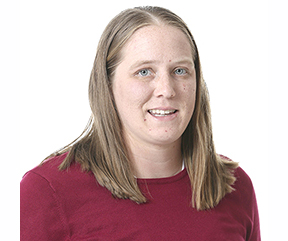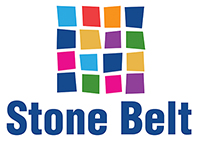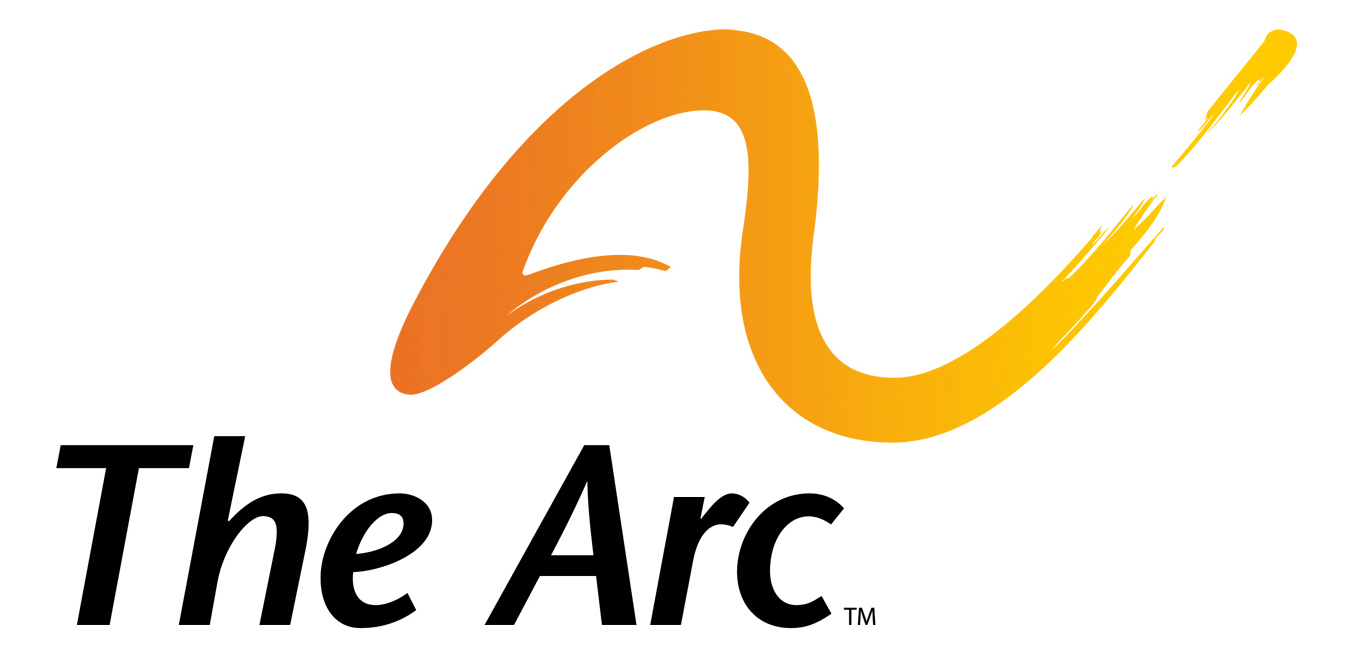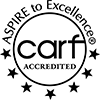
By ERIN McKINNEY
Contributor
I remember my first job interview. It was a phone interview that took place a couple weeks before I graduated from college. I worked so hard to prepare for it. I had been in a job preparation program a few months prior to that, which had given me a lot of tools when it came to preparing for an interview in college athletics. I used all my resources. I knew I had a hard time with words, so I prepared my answers ahead of time. All I would have to do is flip to the question the interviewer asked, and then I could read off my answer.
I answered all her questions. I guess I didn’t get the job because it’s been seven years and I haven’t heard back yet. But I had another interview just a few days later with another college team. I went about it the same way, used the same answers, and found out two days before my college graduation that I got the job.
It was a thrilling moment. My first “grown up” job. I had found it on my own, interviewed on my own, and earned it on my own. At the time, I didn’t have an autism diagnosis, so there wasn’t anything to disclose. Then I relocated for my new job and had to find new medical providers. That’s when I got my autism diagnosis—at 22 years old. I had a difficult time transitioning to my new job. I had several quirks, but I was smart and had learned the art of masking.
When I received my diagnosis, I didn’t really know what to do with it. I had been at my job for about three months, but it wasn’t getting easier. I was being teased endlessly by my bosses and struggling with things that the previous people in my position had never struggled with. I decided to sit down with my boss and tell her I had autism. She was kind and said that they had been wondering why I was different from everyone else, why I had these quirks, and if there was anything to do to make it easier for me. While I would come to learn that there were lots of things they could have done differently, I didn’t know it at the time. Somehow, I managed to survive two years there, and then it was time to interview again.
I did the same amount of preparation as I had for my first job but I knew there was one thing I wanted to add. My boss from my first job agreed to provide a positive reference for me, but said that she would have to tell them about how I struggled with social situations, communication, and sensory overload. Instead of letting her tell them her version, I chose to be proactive and disclose my autism diagnosis. The staff I interviewed with was understanding and thankful that I had been up front with them. I ended up accepting a summer internship with this organization.
At the conclusion of the summer, I had a third phone interview for a full time position on a college coaching staff. By this point, I was much more well-versed in things related to autism. I knew where I struggled, where I had to work harder, where I excelled, and what was a lost cause (eye contact). Again, I disclosed my diagnosis and again I got the job. I’ve been at this job for five years now. I have never regretted disclosing my autism diagnosis. From the first time I met the staff, they have collectively taken care of me and worked to make sure my needs are met. Although it has not always been successful and there have been lots of hardships, I know I would not still be in this job had I not chosen to disclose.
Before I was diagnosed with autism, I had a “the world is your oyster” mindset, that I could achieve or have the opportunity to do anything I wanted in life. I was young and thought that with hard work, I could do anything I wanted. Seven years have passed and I know that isn’t true. Now, I know my strengths and stay in my lane. Now, I get recommended for jobs that I didn’t apply for. Now, teams call me to see if I’m interested in working for them. Now, I know I don’t have to hide behind a mask. There are teams and organizations who will embrace diversity if given the chance and a qualified candidate.
Now, I know that if a team, organization, or individual is afraid of the word “autism” and isn’t willing to look at what I’m capable of, then I don’t want to work for them anyway. Now, I know that I can’t do everything, but what I am capable of doing matters.
Erin McKinney is the video coordinator for the Indiana University women’s basketball team at Indiana University. She also has autism. Her website is http://erinmmckinney.com.








